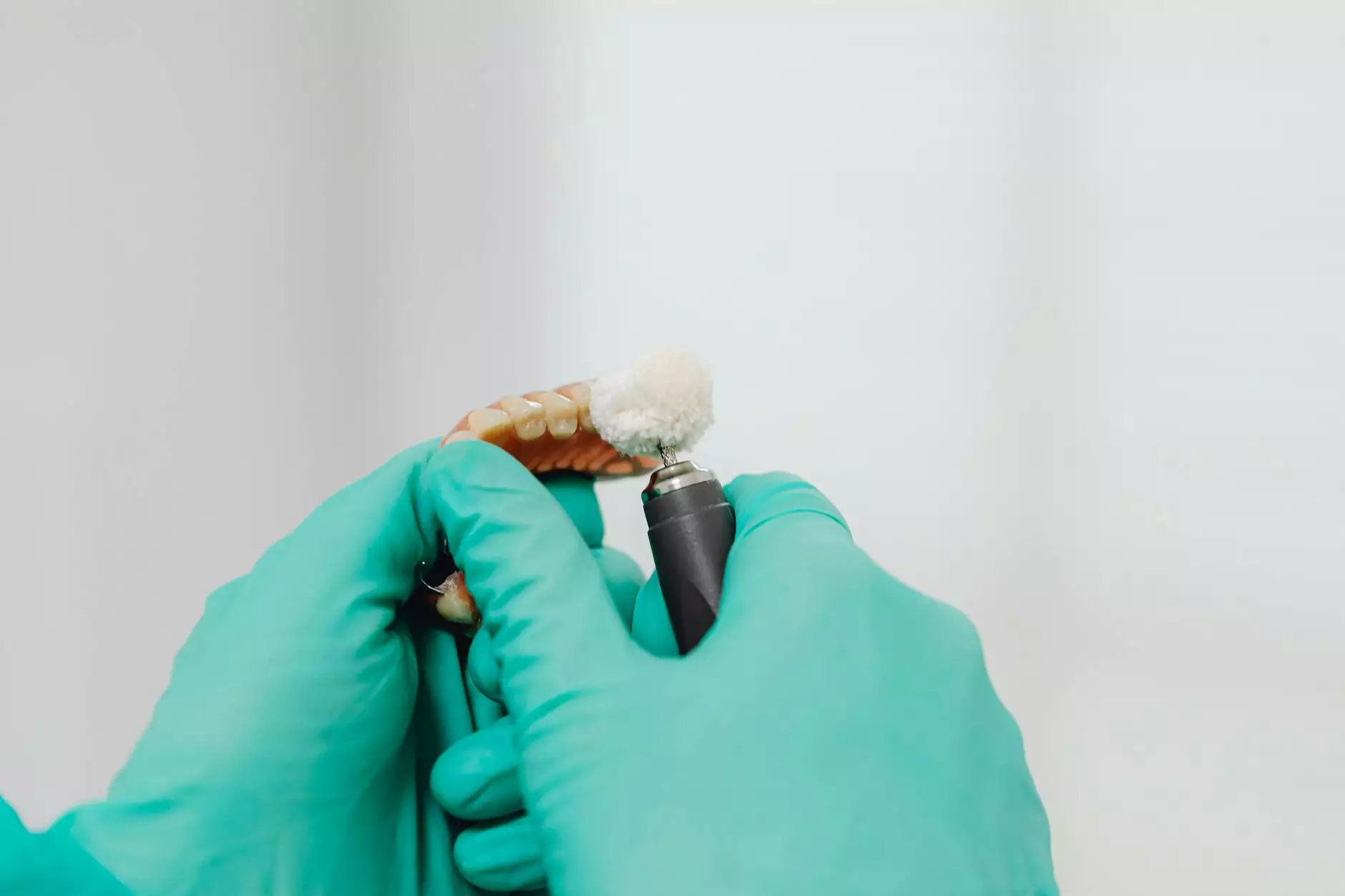Restorative Dentistry in Boston: A Comprehensive Guide

Restorative dentistry is an essential branch of dental care that focuses on restoring the function and appearance of damaged or missing teeth. With advancements in technology and innovative techniques, restorative dentistry in Boston has seen significant growth, providing patients with options that ensure both health and aesthetics. Whether you have a chipped tooth, a cavity, or require a complete restoration, understanding the various facets of this field can empower you to make informed decisions about your dental care.
What is Restorative Dentistry?
Restorative dentistry is primarily concerned with the diagnosis, treatment, and management of conditions that affect the oral cavity and related structures. This specialty encompasses a variety of procedures meant to restore the natural function and integrity of teeth, thus enhancing oral health and improving quality of life for patients.
Key Procedures in Restorative Dentistry
- Dental Fillings: Used to treat cavities by filling the decayed portion of a tooth. Materials may include composite resins, amalgam, or glass ionomer.
- Crowns: Caps placed over damaged teeth, offering protection and restoring shape, size, and function.
- Bridges: Solutions for replacing one or more missing teeth by anchoring onto neighboring teeth.
- Dentures: Removable appliances that replace missing teeth and surrounding tissues, available in full or partial forms.
- Implants: Surgical components that interface with the bone of the jaw, providing strong support for artificial teeth.
- Root Canals: Endodontic therapy to treat infection at the center of a tooth, allowing preservation rather than extraction.
The Importance of Restorative Dentistry
The benefits of restorative dentistry extend beyond aesthetic improvements; they play a crucial role in overall oral health. When dental issues are left untreated, they can lead to more severe complications, including tooth loss, systemic health problems, and significant discomfort. Here are some key reasons why restorative dentistry is vital:
1. Improved Functionality
Restorative treatments help restore the ability to chew, speak, and perform other daily activities comfortably. For instance, if a person has lost a tooth, a dental implant can restore their ability to chew effectively.
2. Aesthetic Enhancement
Modern restorative techniques are designed to blend in seamlessly with natural teeth, enhancing smiles and boosting self-confidence for those with dental imperfections.
3. Oral Health Maintenance
Many restorative procedures are preventative in nature, aiming to address issues before they develop into more severe problems. Regular visits to a restorative dentist can help catch cavities or gum disease early.
Choosing the Right Restorative Dentist in Boston
Finding the right dentist for your restorative needs is crucial for achieving the best outcomes. Here are some tips for selecting a reputable restorative dentist in Boston:
- Check Qualifications: Ensure the dentist is qualified and specializes in restorative dentistry. Look for certifications and affiliations with professional organizations.
- Read Reviews: Investigate patient testimonials and reviews online to gauge the quality of care and patient satisfaction.
- Schedule a Consultation: Meeting the dentist in person can help you understand their approach to care and determine if they fit your needs.
- Evaluate Technology and Techniques: A modern dental practice should utilize up-to-date technology and techniques, ensuring precision in treatments and comfort for patients.
The Treatment Process: What to Expect
Understanding the typical treatment process can alleviate anxiety surrounding restorative dentistry. Here’s an overview of what to expect during your visit:
Initial Consultation
Your treatment journey begins with an initial consultation, where the dentist will conduct a thorough examination and discuss your concerns and goals. X-rays may be taken to assess the condition of your teeth and jaw.
Treatment Planning
Based on your examination, the dentist will develop a customized treatment plan. This plan may involve multiple stages, especially if you require extensive restoration work.
Undergoing Treatment
On the day of the procedure, you’ll be made comfortable, and depending on the treatment, local anesthesia may be administered. The dentist will then perform the necessary procedures, which can range from filling a cavity to placing an implant. Post-treatment, the dentist will provide aftercare instructions tailored to your specific needs.
Follow-Up Care
Follow-up visits are essential to monitor healing and ensure the success of the treatment. Your dentist will also provide guidance on maintaining your restored teeth and gums.
Success Rates and Longevity of Treatments
One of the most common concerns patients have is the longevity and success rate of restorative procedures. While individual results may vary, many restorative treatments, such as dental implants and crowns, boast success rates of 90% or higher. Routine care and good oral hygiene practices significantly enhance these outcomes.
Financial Considerations
The cost of restorative dentistry can vary significantly based on the type of treatment and the complexity involved. Many dental practices, including Parkside Dental Boston, offer financing options or payment plans to make these necessary treatments more accessible. It’s also advisable to check with your dental insurance provider to understand what services are covered.
Conclusion: Invest in Your Oral Health
Restorative dentistry in Boston is not just about fixing problems; it’s about enhancing your quality of life through better oral health. Whether you’re dealing with minor issues or require major restorations, finding a trusted provider like Parkside Dental Boston can help you achieve a healthy, beautiful smile. Prioritize your dental care today, and explore the transformative effects of restorative treatments.
Frequently Asked Questions (FAQs)
1. How do I know if I need restorative dentistry?
If you experience discomfort, sensitivity, or visible damage to your teeth, it is best to consult a dentist. They can assess your condition and recommend appropriate restorative solutions.
2. What are the risks associated with restorative treatments?
Like any medical procedure, restorative dentistry comes with potential risks. However, when performed by a qualified professional, these risks are minimal. Your dentist will thoroughly discuss any concerns with you during your consultation.
3. Can restorative dentistry improve my self-esteem?
Absolutely! Restorative dentistry can significantly enhance your smile and overall appearance, leading to increased confidence and improved self-esteem.
4. Is restorative dentistry covered by insurance?
Many dental insurance plans provide partial coverage for restorative procedures. Always check with your insurance provider to understand your benefits and coverage specifics.
5. How can I maintain my restored teeth?
Maintaining good oral hygiene, including regular brushing and flossing, is essential for preserving the integrity of your restored teeth. Routine dental check-ups are also crucial.
restorative dentistry boston








